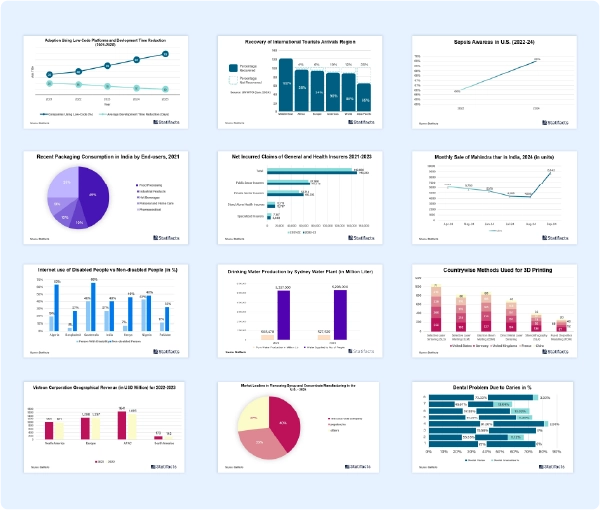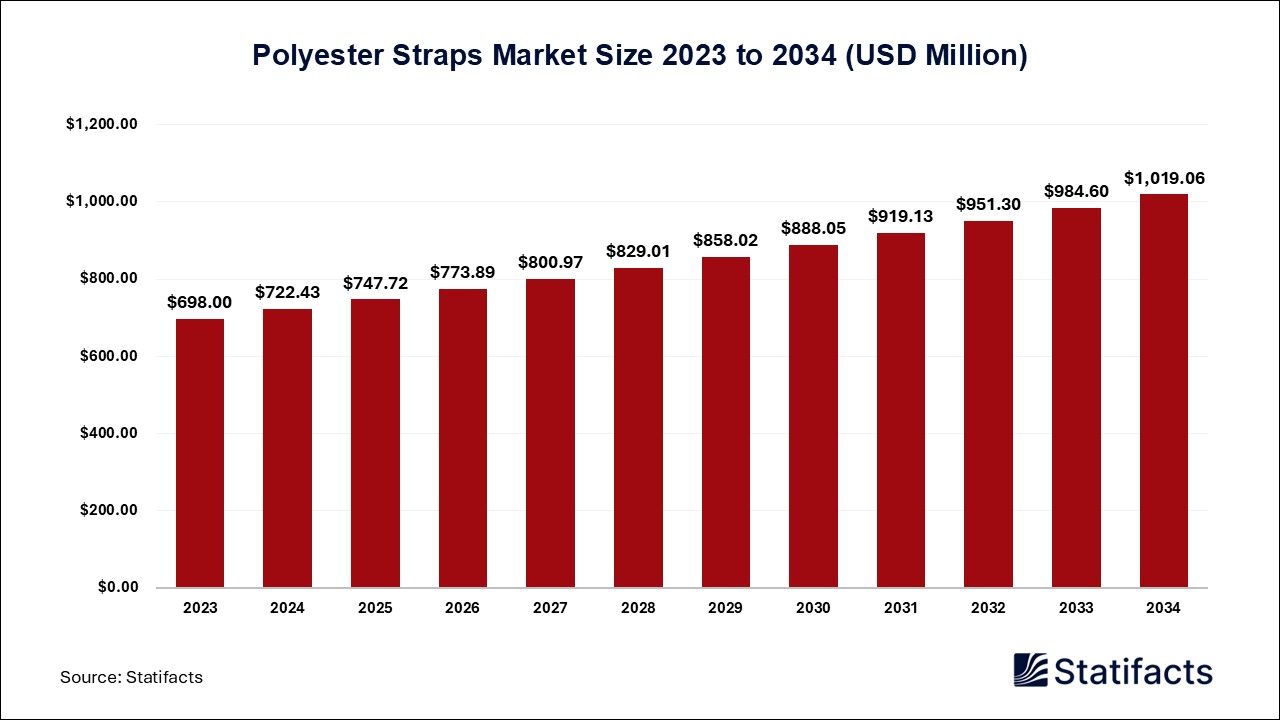

Our customers work more efficiently and benefit from
The U.S. gene therapy market size is calculated at USD 3,650 million in 2024 and is predicted to reach around USD 22,230 million by 2034, expanding at a CAGR of 19.8% from 2025 to 2034.
The U.S. gene therapy market is influenced by several key drivers that have led to the expansion. These drivers include a rise in regulatory approvals, enhanced clinical research in genomics, and an increasing emphasis on advanced targeted therapies. Despite this optimistic outlook, the market does encounter challenges, primarily due to the high costs associated with gene therapy products, which can hinder broader adoption. However, there are significant opportunities in the rising demand for both cell and gene therapies, especially concerning neurological disorders. That said, the market continues to face obstacles such as the limited shelf life of gene therapies and complexities in the supply chain. In terms of geography, North America remains the frontrunner in this market due to its sophisticated technologies and robust infrastructure. Recent notable developments include Novartis receiving FDA approval for its product KYMRIAH and Biogen partnering with Scribe Therapeutics to advance gene therapies utilizing CRISPR technology.
The U.S. gene therapy market is experiencing rapid growth, with 345 companies actively developing a range of early and late-stage therapies globally. Both startups and established pharmaceutical companies are increasingly entering this space. In recent years, we have seen a surge in the integration of innovative technologies, including gene modification, genome editing, and sequencing, alongside advanced gene delivery methods. This trend is driving the evolution of gene therapy products and expanding their potential applications.
The U.S. Food and Drug Administration is anticipating over 200 applications for gene therapy. According to the Alliance of Regenerative Medicine, about 259 gene therapies are currently in Phase 1 clinical trials globally, with a significant focus on oncology applications. The rising number of research initiatives and clinical studies is a key factor contributing to growth in the U.S. gene therapy market. Additionally, the increasing availability of gene therapy products aimed at treating cancer, along with a substantial patient population, is expected to further boost market expansion in the coming years.
Recent product approvals and significant industry events have greatly contributed to the growth of the U.S. gene therapy market. In 2019, Catalent enhanced its therapy offerings by acquiring Paragon Bioservices, a U.S.-based company, for around $1.2 billion. During the same year, Thermo Fisher Scientific expanded its manufacturing capabilities through the acquisition of Brammer Bio, a contract development and manufacturing organization (CDMO), for $1.7 billion. Additionally, Roche made headlines with its acquisition of Spark Therapeutics, a U.S.-based gene therapy firm, for $4.8 billion. Spark Therapeutics is noteworthy for being the first company to receive FDA approval for a gene therapy product aimed at treating rare retinal disorders. The clinical trials for this groundbreaking product have delivered promising results, securing regulatory approval. Through this acquisition, Roche is strategically positioning itself to increase its share in the rapidly growing U.S. gene therapy market.
Approved Gene Therapies as of Q3 2024
| Product Name | Generic Name | Year first approved | Disease(s) | Location Approved | Originator Company |
| Elevidys | delandistrogene moxeparvovec | 2023 | Duchenne muscular dystrophy | U.S. | Sarepta Therapeutics |
| Vyjuvek | beremagene geperpavec | 2023 | Dystrophic epidermolysis bullosa | U.S. | Krystal Biotech |
| Casgevy | exagamglogene autotemcel | 2023 | Sickle cell anemia; thalassemia | U.S., UK, Bahrain, Saudi Arabia, EU, Canada | CRISPR Therapeutics |
| Lyfgenia | lovotibeglogene autotemcel | 2023 | Sickle cell anemia | U.S. | bluebird bio |
| Beqvez | fidanacogene elaparvovec | 2024 | Hemophilia B | Canada, U.S., EU | Pfizer |
| Tecelra | afamitresgene autoleucel | 2024 | Synovial sarcoma | U.S. | Adaptimmune |
AI is driving growth in the U.S. gene therapy market by streamlining drug discovery and development processes, which accelerates the identification of targets and reduces costs. It enhances clinical trial efficiency through better patient recruitment and management, resulting in quicker approvals. Additionally, AI enables personalized medicine by analyzing genetic data, leading to tailored therapies that improve patient outcomes. Optimizing manufacturing processes and ensuring regulatory compliance further contribute to market growth, while AI-powered post-market surveillance helps monitor safety and efficacy, fostering ongoing innovation in gene therapies.
Gene therapy propelling financial success for companies: Gene therapy is driving revenue for pharmaceutical and biotech companies, with major players developing new gene products to seize opportunities in the U.S. gene therapy market. Many of these products are currently in preclinical or clinical stages and are expected to gain approval soon. The industry targets conditions like hemophilia, Fabry disease, and multiple myeloma, creating a growing patient pool that is likely to lead to more opportunities in the years ahead.
Published by Laxmi Narayan
For any questions about this dataset or to discuss customization options, please write to us at sales@statifacts.com
| Stats ID: | 7927 |
| Format: | Databook |
| Published: | February 2025 |
| Delivery: | Immediate |
| Price | US$ 1550 |


| Stats ID: | 7927 |
| Format: | Databook |
| Published: | February 2025 |
| Delivery: | Immediate |
| Price | US$ 1550 |

You will receive an email from our Business Development Manager. Please be sure to check your SPAM/JUNK folder too.

Unlock unlimited access to all exclusive market research reports, empowering your business.
Get industry insights at the most affordable plan
Stay ahead of the competition with comprehensive, actionable intelligence at your fingertips!
Learn More Download
Download
